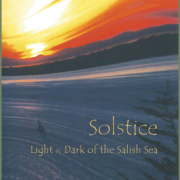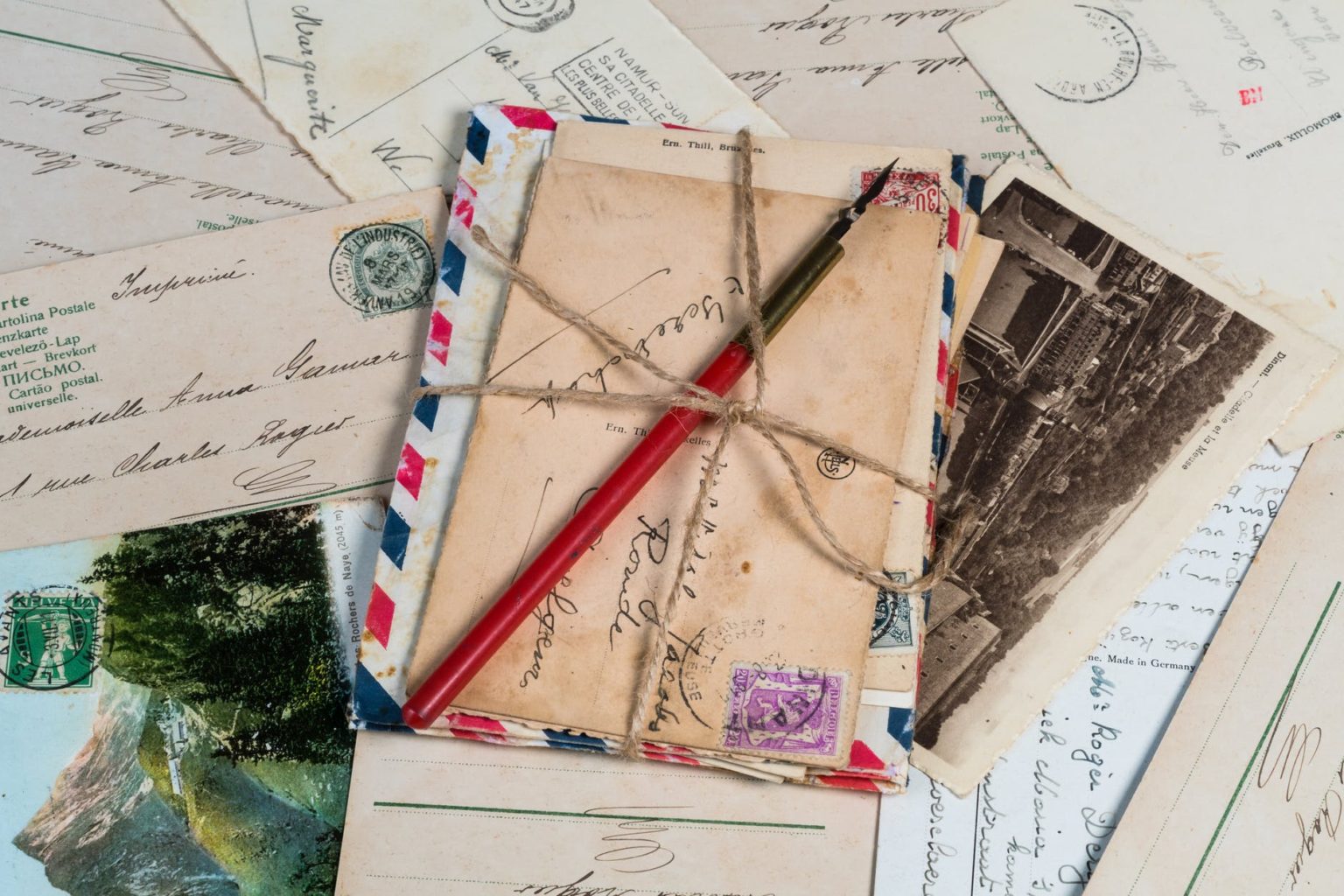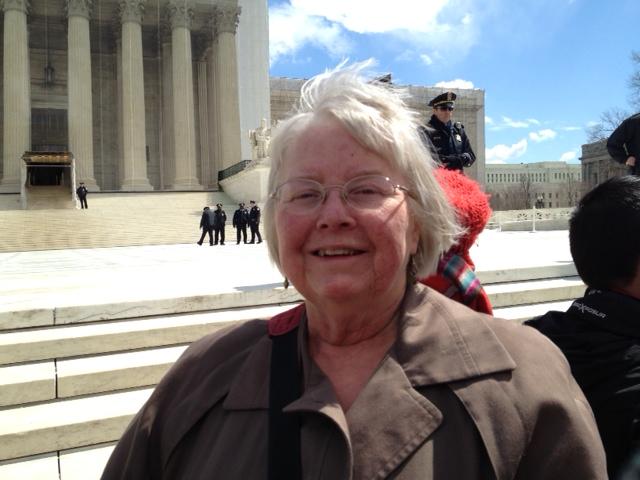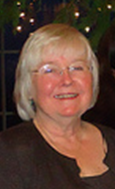Solstice: Light & Dark of the Salish Sea
Tomorrow evening — Sunday, 11 April 2021, 7 p.m. PST — I’ll be participating in the launch of Solstice: Light & Dark of the Salish Sea (Chuckanut Sandstone Press), a delightful collection of poems, selected (solicited!) and edited by Carla Shafer. The collection features the work of 29 poets in two sections, Summer Solstice and Winter Solstice.
The reading is on Zoom, hosted by Village Books. You can find a list of the poets and register for the reading, here.
This is my winter solstice poem:
Solstice Song
Time held me green and dying
Though I sang in my chains like the sea.
—Dylan Thomas, “Fern Hill”At the winter solstice, darkness
falls early, thin band of copperas the sun winks out.
No matter how faint the light,I walk the shore,
hands in my pockets, my hoodpulled up against the wind.
I might be a witch,muttering incantations.
I might be a raven,dreaming of spring.
The year turns, indigo,burnt umber. My words
rhyme with the green weeds,
thick tendrils that lay in windrowsalong the dark shore.
What chains are these, lightand lengthening?
What song is this, the seabids me sing?
—Bethany Reid



 multiple poetry events in her hometown of Bellingham, Washington), she’s a political activist for peace and justice, and a fierce advocate for indigenous peoples, as well as our beleaguered planet. No matter how bleak the headlines, she never despairs, but always sees a way through. She inspires me every day.
multiple poetry events in her hometown of Bellingham, Washington), she’s a political activist for peace and justice, and a fierce advocate for indigenous peoples, as well as our beleaguered planet. No matter how bleak the headlines, she never despairs, but always sees a way through. She inspires me every day. My dear friend
My dear friend 
 When I heard that my friend
When I heard that my friend  hosted by “World Peace Poets.” I saw a film about Oregon poet
hosted by “World Peace Poets.” I saw a film about Oregon poet